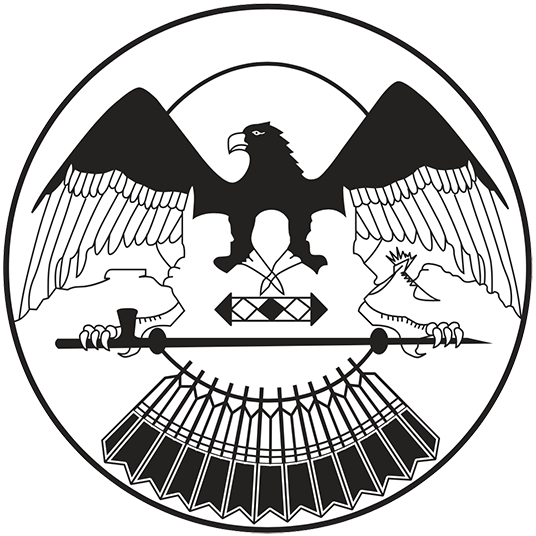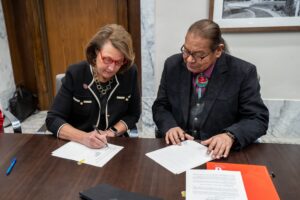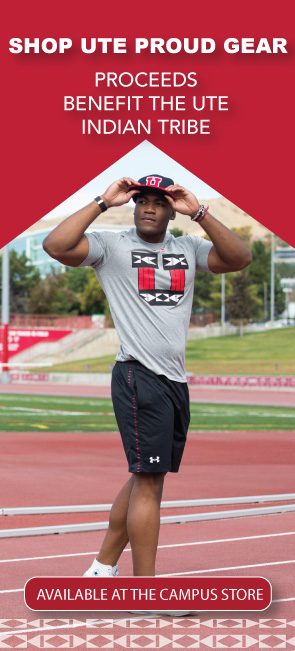The University shares a long and close relationship with the Ute Indian Tribe, because both the State of Utah, and the land on which the University reside, is the historic homeland of the Utes. The University has proudly used the “Ute” name through the years with the permission of the Tribe, and the Tribe derives significant pride and benefit from the U’s use of its tribal name. Both the U and the Tribe understand the importance of encouraging, inspiring and supporting tribal youth to lead healthy lives and pursue their educations.
Over the decades, the University has developed close working relationships with many Native American tribes and has done a great deal of work to preserve Native American history, culture and languages. The U created the American West Center in 1964 to conduct research of the American West. Much of the scholarship is done on behalf of tribes in the west, including preserving many oral histories of members of the Ute Indian Tribe funded by the Doris Duke Foundation. The Center houses extensive research materials relating to the Ute Indian Tribes and hosts speakers and programming throughout the academic year.
In the early 1970s, the U created its Research Park adjacent to the main campus and determined to honor the Tribe by naming the streets running through the park after prominent Ute Indians. Names were selected for the streets by the Tribe. The streets are Wakara—the Ute leader known for his horsemanship and trading skill; Arapeen—leader and brother of Wakara; Colorow—White River Ute who resisted removal efforts; Chipeta—diplomat and peacemaker, wife of chief Ouray; and Komas—for Richard Komas, the first Ute Indian educated in white schools.
As part of the Memorandum of Understanding signed in 2014, a new scholarship fund was established specifically for members of the Ute Indian Tribe.
The University’s American Indian Resource Center was established in 1991 as part of the U’s Center for Ethnic Student Affairs, and serves as a resource for Native American students. The Center is not only a meeting space for students, but provides assistance in academic planning, scheduling and counseling. An annual Intertribal Student Association Powwow has been held on the U campus every spring for 43 years, drawing tribal members from around the intermountain west together to celebrate the culture.
Examples of academic programs include the Native American Summer Research Internship. The 10-week paid internship at the University of Utah School of Medicine is available to Native American students interested in health science careers.
The U also sponsors math, science and a host of other educational, health and recreational programs on the reservation for Tribal members, and will grow those outreach programs to help promote and provide access to educational benefits for the future generation.
Scholarships specifically to support Native Americans are available in many colleges and departments across campus. The most recent is the David Arapene Cuch Endowed Scholarship fund for members of the Ute Indian Tribe to attend law school at the U. Others include the Wick R. Miller Memorial Scholarship Fund (Humanities), Faye and Charolette Bryner Scholarship fund (Education), Crescent Points Endowment for Ute students, and the Richard A. Parmelee Endowed Scholarship in Civil Engineering. As part of the Memorandum of Understanding signed in 2014, a new scholarship fund was established specifically for members of the Ute Indian Tribe. This Memorandum of Understanding was renewed in 2020. Click here to read the full MOU.


